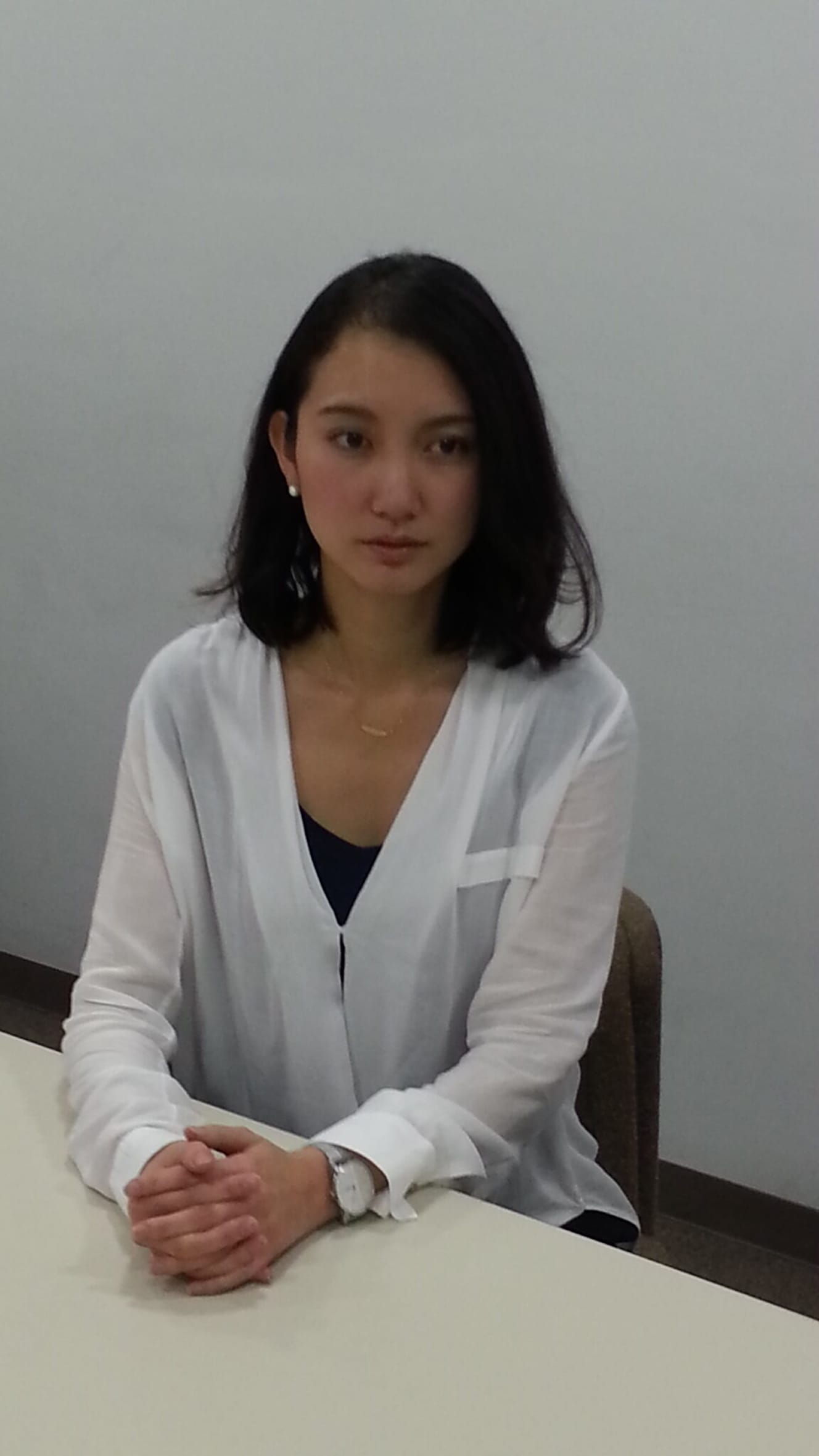The Unimaginable Horror of Being on Trial” Revealed by Shiori Ito

I have no regrets about making the damage public.
That’s what journalist Shiori Ito, 32, said at a press conference after the verdict on January 25.
In her appeal to the Tokyo High Court, Ms. Ito sought 11 million yen in damages from journalist Yamaguchi Yoshiyuki, 55, a former TBS reporter and Washington bureau chief, claiming that she suffered emotional distress due to unwanted sexual violence. The court ordered Yamaguchi to pay 3.32 million yen, an increase of 20,000 from the first trial, which awarded 3.3 million yen.
According to the complaint and other documents, in April 2003, Ms. Ito filed a report claiming that she was sexually assaulted after she became unconscious while drunk at a dinner with Mr. Yamaguchi. The criminal complaint against her for quasi-rape was dropped, but in December 2007, her claim was accepted in a civil lawsuit, and the high court’s decision was an affirmation of the first trial.
After the verdict, Mr. Ito took the microphone at a press conference and said at the outset, “I was in my late 20s to early 30s.
I spent my late 20s and early 30s facing the trial.

Four years and four months have passed since the lawsuit was filed. Ms. Ito, who announced the damage by using her own name and face, was slandered by a number of people who called her a “publicity stunt” and a “money-grubber.
The impact was far greater than I had imagined. My family and I were the targets of slander, and I was afraid that if I lost (in court), I would not be able to live in Japan.
(Mr. Ito) Mr. Ito slurred his words at the press conference, but I have an idea of what he meant. In the press conference, he slurred his words, but this reminds me of something he said to me when he was interviewed by me in September 2005.
There were people who walked down the street and wished me good luck.
During the trial, Ms. Ito was living
Yoko Nishihiro, a lawyer who attended the press conference, praised the court’s decision as “a persuasive decision that follows common sense.
I’m not going to cry myself to sleep. I didn’t want to cry myself to sleep, I wanted something to be done, and I appealed. The verdict was a response to that.
On the other hand, the court also approved part of Yamaguchi’s counterclaim, which was not approved in the first trial. The court found that Ms. Ito’s claim in her book “Black Box” and other publications that she may have been drugged by Mr. Yamaguchi was an invasion of Mr. Yamaguchi’s privacy, saying that there was no evidence that he had drugged her and that he had lowered her social reputation. The court partially accepted Yamaguchi’s countersuit and ordered Ito to pay 550,000 yen.
When I asked Ms. Ito about the high court’s refusal to recognize the so-called “date rape drug,” she replied, “At the time, it was called a date rape drug.
When I asked Mr. Ito about the high court’s refusal to recognize the so-called “date rape drug,” he replied, “At the time, date rape drugs were not very well known in Japan. The reaction was, ‘What? By speaking out publicly, I was able to let people know that there are actually victims, so it was a big step for me, and I feel it was meaningful.
On the other hand, Mr. Yamaguchi said in the Judicial Press Club lecture room after the verdict.
On the other hand, Yamaguchi said in the Judicial Press Club lecture room after the verdict, “I appreciate the court’s recognition of Ito’s unlawful act regarding the date-rape drug. I was very angry at the fact that something that was not true was spread in the media around the world as if it were true. We are dissatisfied with the entire decision and will appeal.

When Mr. Yamaguchi asked Ms. Ito about her preparations to appeal to the Supreme Court and the fact that the trial was not yet over, she replied, “The goal is first.
There is a goal ahead. There may be no goal.
When I asked him about the fact that the trial is not over yet, he replied, “The goal is ahead.
If you raise your voice, even if it takes a long time, it will surely reach somewhere. I was slandered, but I was able to come this far because I had friends, lawyers, and other people who helped me.
If we live in a society where it is considered better for the victim to remain silent in any case, then someone will continue to suffer for a long time. I hope that we can live in a society where the victims are protected by the judiciary and not demeaned.
When the MC announced the end of the speech, the supporters applauded, and some of the reporters and photographers applauded as well. Mr. Ito left the venue with his head bowed.
Reporting and writing: Daisuke Iwasaki Photo: AFLO